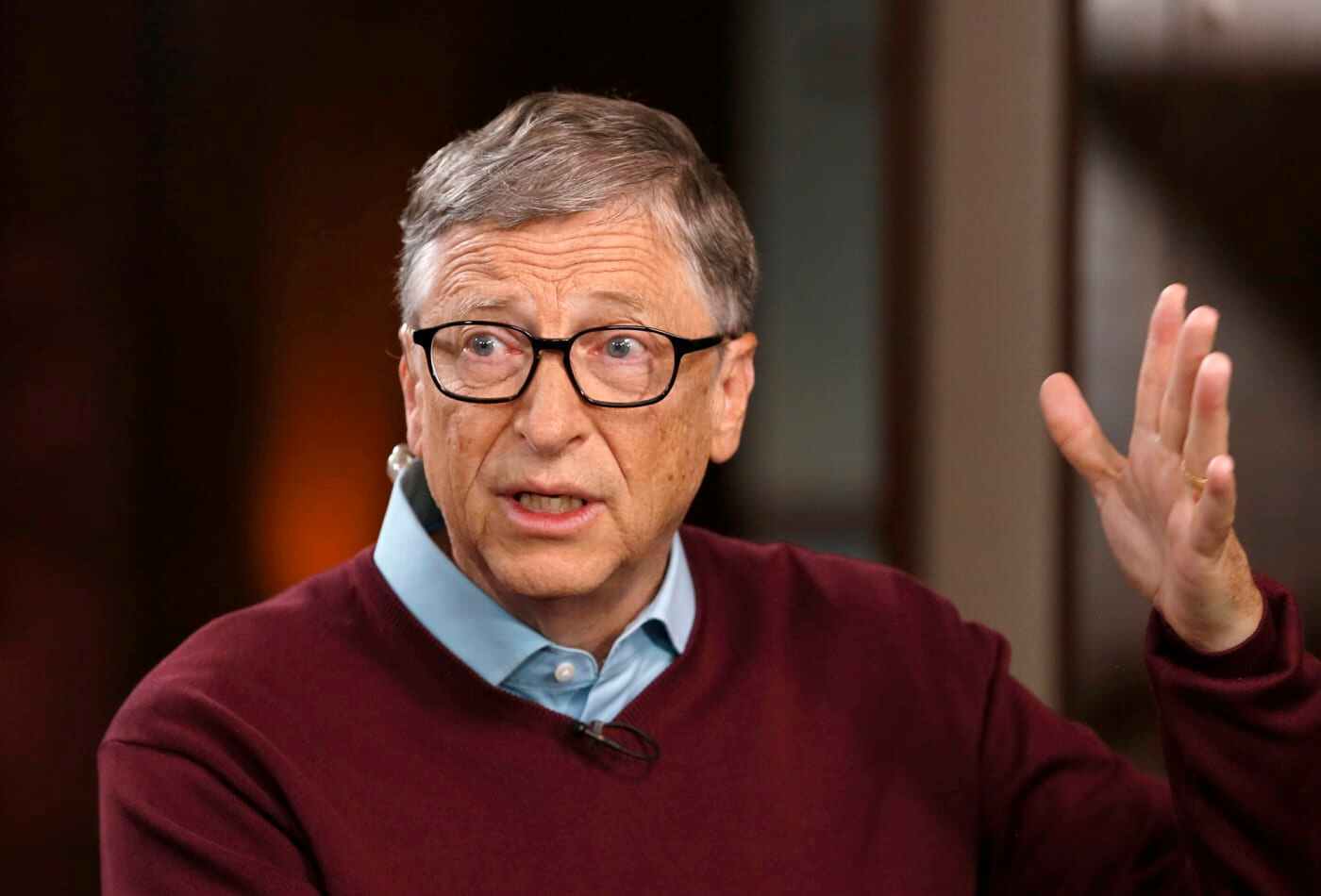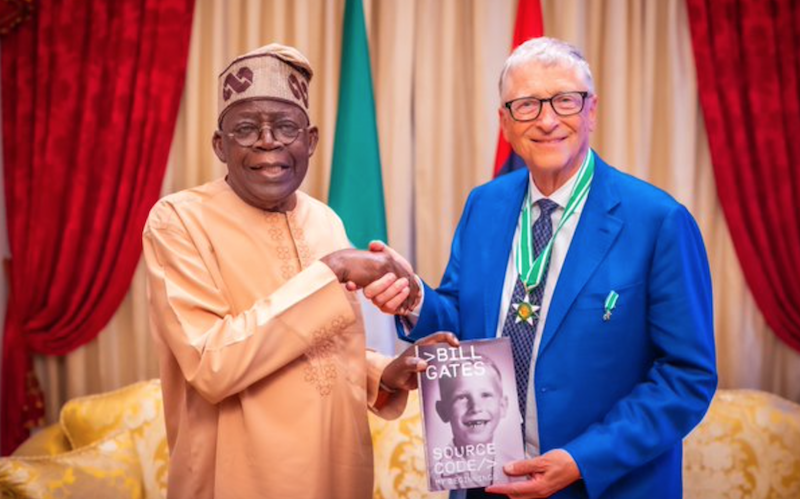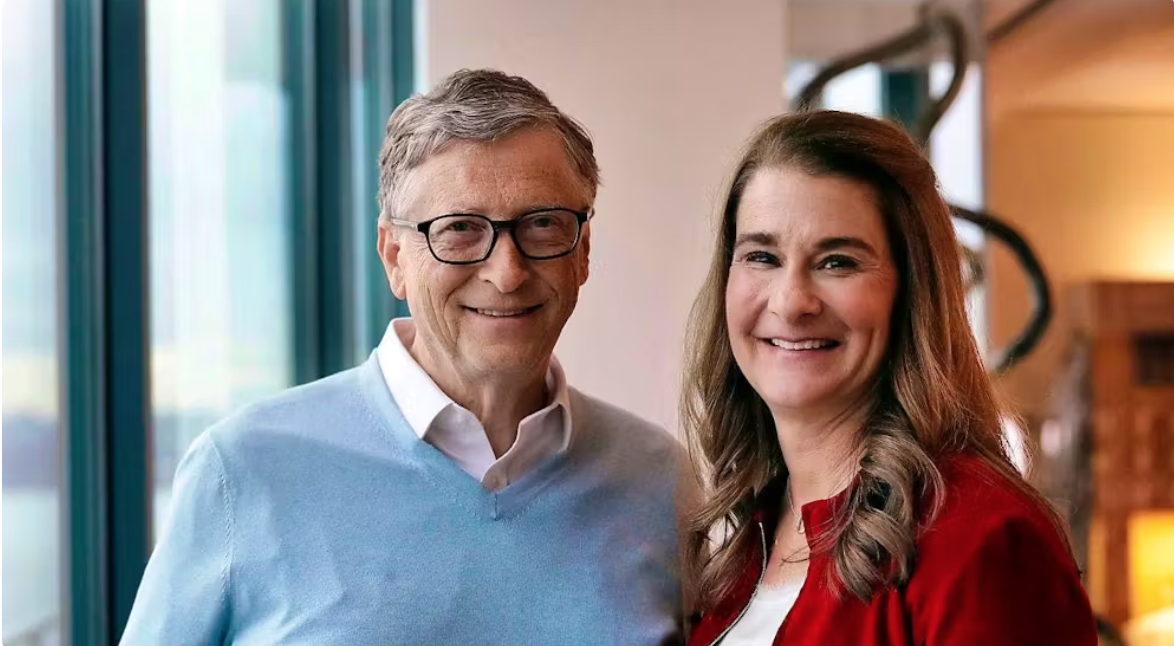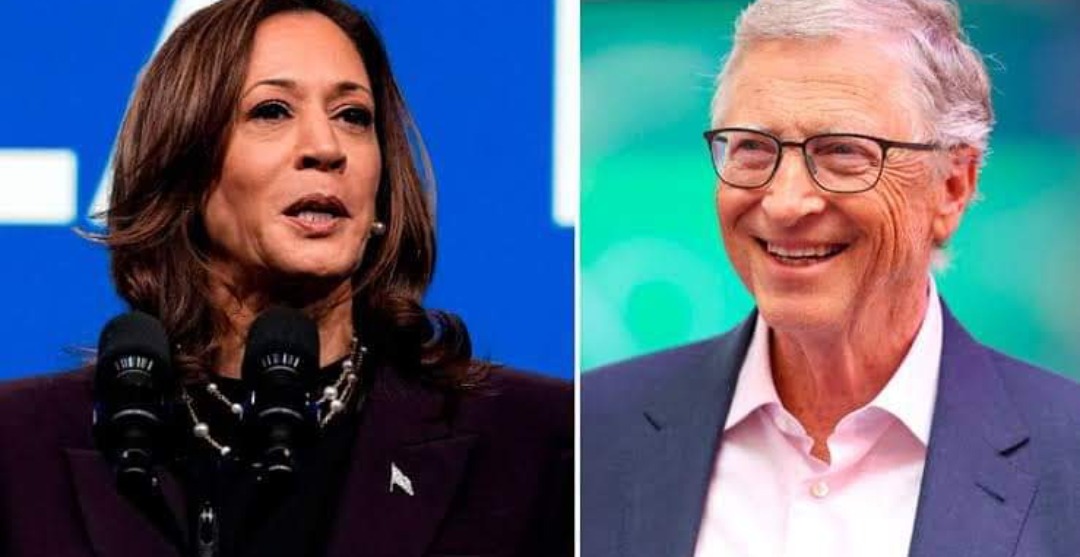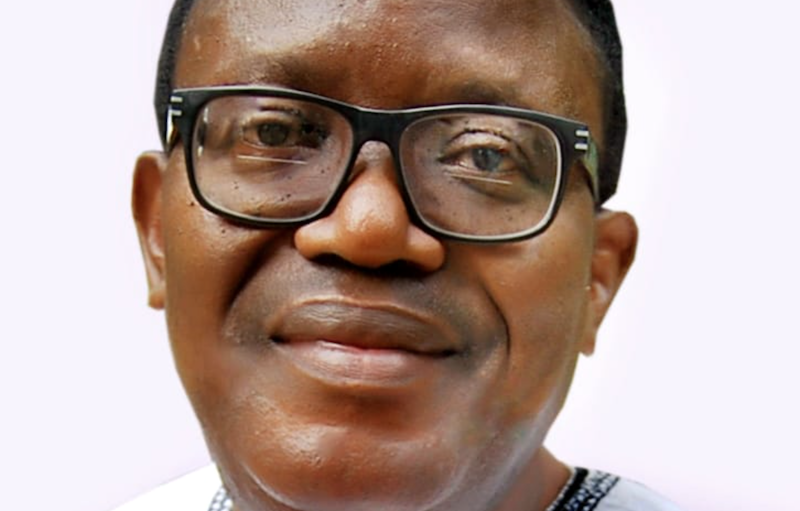Bill Gates, Chair of Gates Foundation, has advised the Federal Government to continue its longstanding commitment to end polio transmission in the country.
Gates said this during a media roundtable with selected journalists on Wednesday in Lagos.
He emphasised that with the tightening of global funding, it’s more important than ever that Nigeria keeps up the momentum of polio eradication.
“Now is not the time to stop because unfortunately, the virus is still circulating, and we need stronger action—especially in Sokoto, Kano, Katsina, and Kebbi states.
“What is important now is that the government urgently continues its longstanding commitment alongside partners in the Global Polio Eradication Initiative (GPEI) and the heroic efforts of frontline health workers to end polio transmission.
“The emergence of variant polio cases remains a serious challenge and can fuel doubts about vaccine safety.
“That’s why we are supporting Nigerian-led and GPEI partners like UNICEF and WHO to engage affected communities directly, building trust through transparent communication, listening to concerns, and working with local leaders to dispel misinformation.
“That’s what we need to do more and the key to stopping outbreaks lies in rapid, high-quality response campaigns and closing immunity gaps,” Gates said.
He highlighted the importance of robust routine immunisation coverage to achieve and sustain a polio-free world, increasing population immunity and reducing the immediate and long-term risk of polio.
According to him, Gavi, the Vaccine Alliance, is a key partner in this effort, financing the provision of the inactivated polio vaccine in lower-income countries.
“The world is in the final sprint to end this horrific disease and Nigeria is key to that success.
“With strong investments and partnerships, I am confident we will bring about a world where no child, faces the threat of polio,” he said.
Gates acknowledged Nigerian government’s efforts and progress, disclosing that polio detections in Nigeria reduced by about 40 per cent in Q1 2025 compared to the same time last year.
“We have also seen some useful improvements in the April immunisation campaign. These are positive outcomes from all the hard work the government and partners have been doing,” he said.
The philanthropist noted that Africa’s success in eradicating wild poliovirus is a major public health achievement made possible by strong government leadership, sustained surveillance, and effective partnerships.
“But we must understand that ongoing disease surveillance will play a vital role in detecting and rapidly responding to new outbreaks,” he said.
Polio (poliomyelitis) is an infectious disease caused by a virus which invades the nervous system and often causes irreversible paralysis.
It can strike at any age but mainly affects children under five.
There is no cure for polio as it can only be prevented through vaccination.
Nigeria eradicated wild polio in 2020, however, a resurgence saw Nigeria report 122 confirmed cases of circulating poliovirus type 2 (cVPV2) between January 2024 and March 10, 2025.
These cases primarily occurred in the northern states.
Transmission of cVPV2 has persisted, highlighting the ongoing challenge of eradicating polio in the country and the government considering new measures to tackle the outbreak.
Gates is on a visit to Nigeria and has met with President Bola Tinubu and engaged with federal and state leaders to discuss Nigeria’s primary health care reforms.
He is also participating in the Goalkeepers Nigeria event focused on Africa’s innovation future and meeting with local scientists and partners shaping Nigeria’s national AI strategy and scaling up health solutions.
